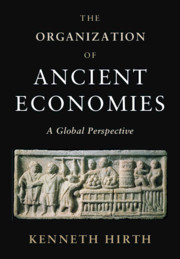The purpose of this paper is to analyse the effects of natural resources on income inequality conditional on economic complexity in 111 developed and developing countries from 1995 to 2016. The system-GMM results show that economic complexity reverses the positive effects of natural resource dependence on income inequality. Furthermore, results are robust to the distinction between dependence on point resources (fossil fuels, ores, and metals), dependence on diffuse resources (agricultural raw material), and resource abundance. Finally, there are significant differences between countries, depending on the level of ethnic fragmentation and democracy.


